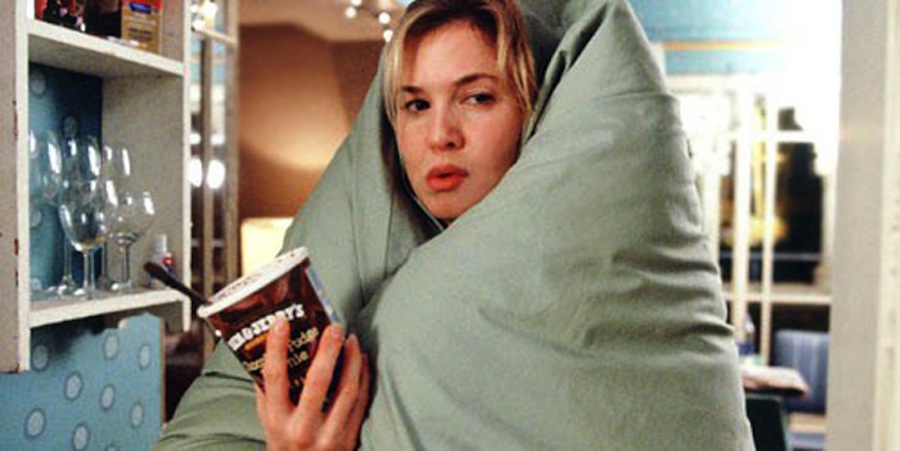Bridget’s back – but is she still brilliant?
I have frequently turned to my dog-eared copies of Bridget Jones Diary over the years, usually in times of regressive emotional need: after a tragic date experience,when ill, when stressed at work, or simply when worn down and in serious need of cheering up. Fielding’s bittersweet books, along with other favourite retro comedic authors such as Sue Townsend and David Sedaris, remind me that life, with all it’s quirks and tragedies, can still be funny – that, in fact, from the embers of the worst moments of our lives can rise the glorious phoenix of brilliant, unselfconscious, abandonment to silliness.
The release of a new Bridget promised another reliable classic to add to the cheer-up pile, but, like any superfan, the anticipation was cut through with worry. Could the book possibly live up to its prequels? I imagine this must be what it is like to care about the newest Star Wars release, or to worry about the possibility of a Friends reunion. Won’t they just ruin it?
Fielding’s decision to age Bridget in real time is the first shock: when we left dear old Bridge, she was a befuddled thirty-something, working in telly, scrambling to cook a decent faux-posh dinner for her friends and drowning her sorrows in Chardonnay. The new Bridget is 51, widowed, saddled with two young children and, by all accounts, almost unfathomably wealthy. Yes, dear old Darcy has popped off, leaving Bridget with a shedload of cash, a case of born-again virginity and a sense of acute sadness and loss which is noticeably at odds with her younger self. Her relocation to the modern day has, of course, opened the plot to all sorts of new ground: Internet dating, Twitter dating, dating the elderly, dating the young…
It was always going to be a tough task to follow Darcy, but unfortunately in Roxter, Bridget’s toyboy Twitter boyfriend, Fielding has created a seriously irritating character in lieu of another iconic love interest. Where Darcy was brooding, unreadable, sullen and, in almost all senses, a loveable update of Austen’s ultimate magnetic bastard, Roxter is juvenile, food-obsessed, toilet humoured and weak willed. It is almost difficult to read as cougar Bridget becomes obsessed with with this most unworthy of suitors – you can practically hear a thousand Darcy fans weeping into their Options hot chocolates. Even Daniel Cleaver, once dangerous and sexy: has been diluted into a slightly tragic ageing alcoholic, obsessed with chasing younger skirt, overly self-referential and lacking all of his previous devil-may-care allure.
That isn’t to say the book is a wholesale failure. Amongst the niggles, there are still moments of laugh-out-loud-on-the-Victoria-Line genius, which is still a surprisingly rare experience, considering how many supposedly comic books are published – and a deceptively difficult skill for an author to nail. Highlights include Bridget being caught up a tree with her thong exposed in front of the dashing Mr Wallaker, some sweetly disgusting nit anecdotes involving her children, and a soul-cheering visit to an obesity clinic. The aforementioned Mr Wallaker initially looks like an intriguing love potential, but with his habit of popping up and disappearing without explanation, he has a stale touch of Darcy redux.
90s Bridget was extraordinarily relatable to the 20 and 30-something woman. Fielding tapped the zeitgeist in a once-in-a-lifetime way. 2013 Bridget has no financial worries, is ‘working’ on a dubious screen adaptation of Hedda Gabler set in Queen’s Park, and has friends so outrageously upper-middle class that, if real, they would feature in The Tatler List. Yes, she is a widow, but there ends the tragedy. Is is possible that Fielding’s own financial gains from the popular books and subsequent movie adaptations have affected her ability to relate to your everyday Joe (or should it be, Joanne)?
Either way, it is entirely possible to enjoy this book, but with a hefty pinch of salt. Maldon Sea Salt, that is…
Words: Jess Luper | Twitter | Pinterest

